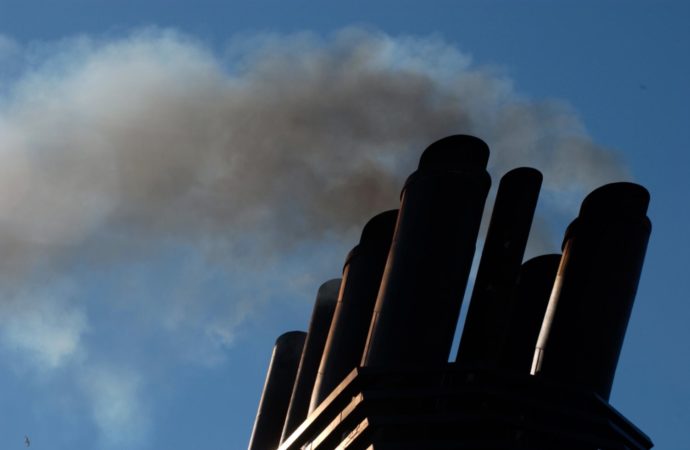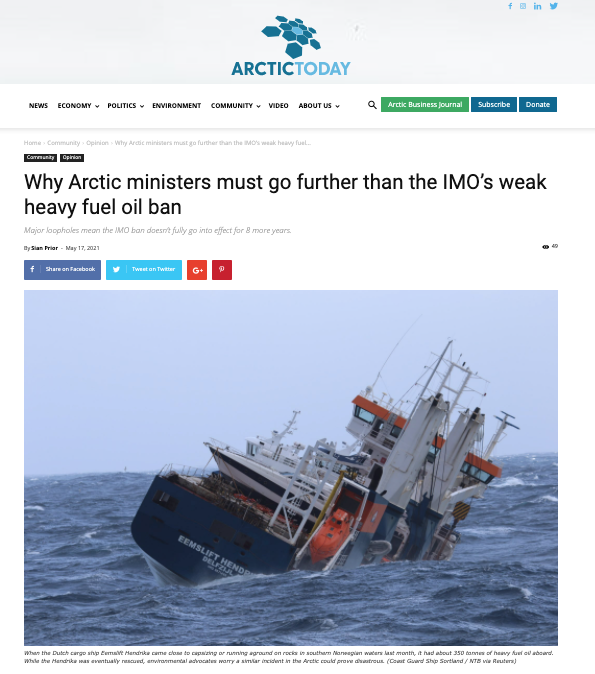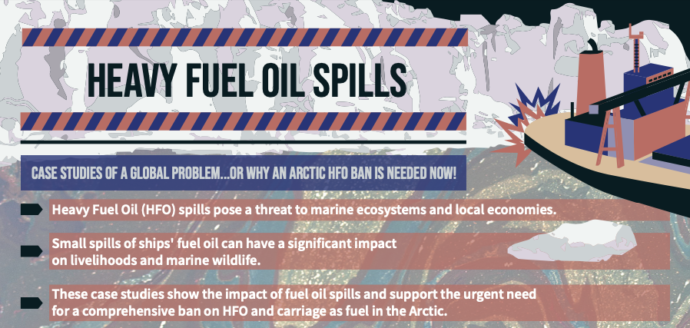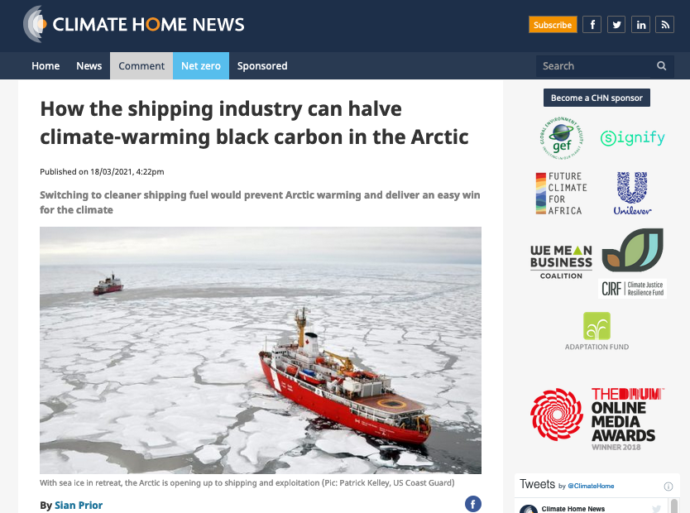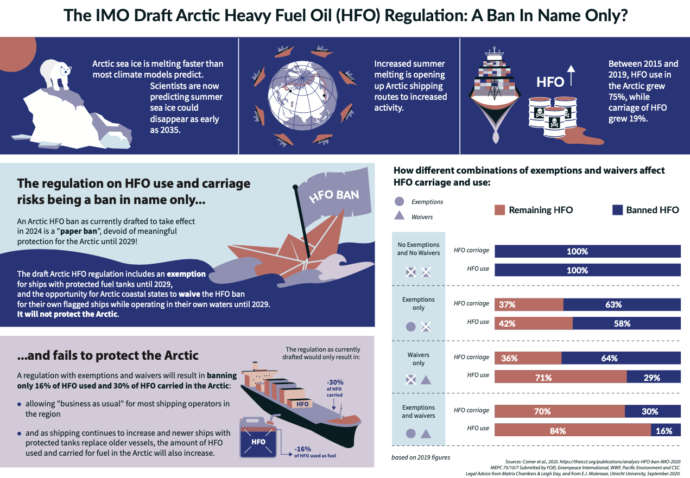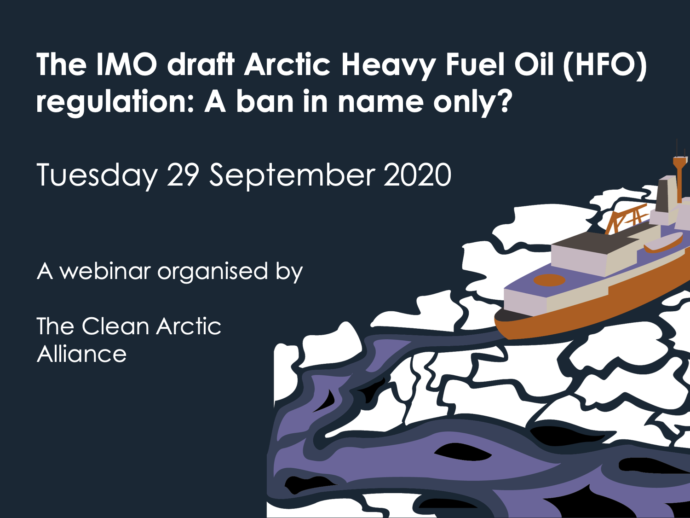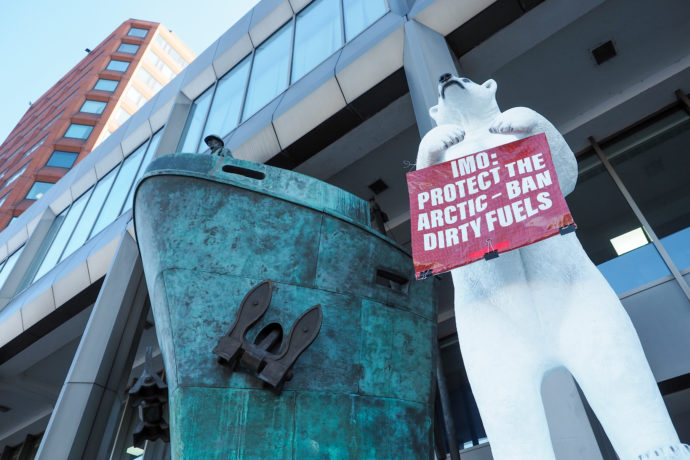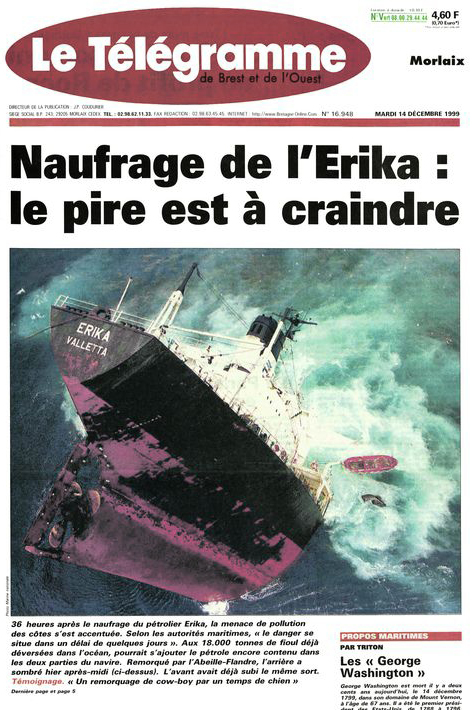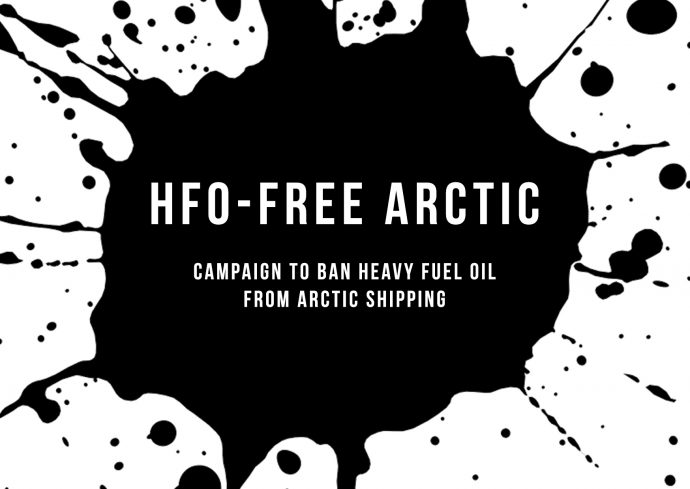Has the Shipping Industry and IMO Simply Given Up on Climate Action?
In a serious blow to the Arctic and the fight to stop global heating, the UN’s International Maritime Organisation (IMO), responsible for regulating international shipping, has firmly rejected the pleas of all of those crying out for ambitious climate action.

